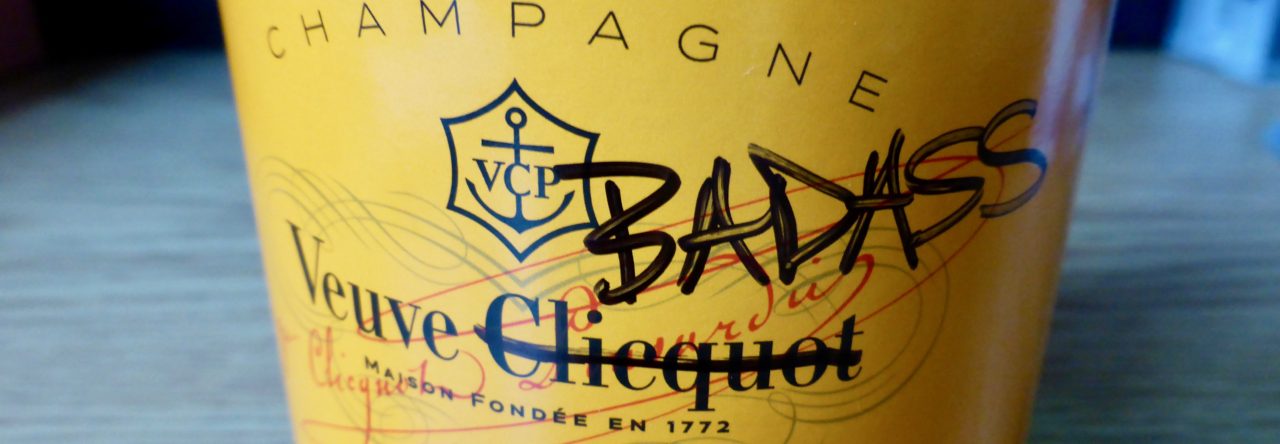November 13 – 14, 2013
6th Floor – Chest Unit
At 8 a.m. my cell phone rang, waking me up. It was the hospitalist, wanting to discuss JD’s (poor) condition with me. He said he was calling in a “stomach guy” to see JD about the abdominal pain and that the CT scan showed that the cancer was now in the bones as well. Damn. Again, I kept thinking that JD was probably actively dying, yet the hospitalist wanted to keep doing all of these things. It didn’t make sense to me. How could I be right on this when those that should know kept suggesting more invasive procedures to be done?
I showered and got ready to leave for the hospital. JD called to remind me to bring the laptop, so he could do some more homework after his pericardial drainage.
When I got to the hospital, I was shocked to see the change in JD’s condition. He had gone from needing 5 litres of oxygen to 15, and his breathing was quite laboured. A couple of nurses came to administer a nasal tube to pump JD’s stomach, to relieve the pressure he felt there. Relief was immediate, he said.
We were soon joined by the hospitalist, and then the stomach doctor. Plans were made for a gastroscopy once JD’s breathing improved.
The doctors left. It wasn’t long before the nurses came to pack JD up for his move to the ICU/CCU for the pericardial drainage. I was allowed to follow along, but only until we hit the unit doors. Then I had to wait until I was called for. I could hear JD talking to the nurse as they wheeled his bed to the elevator.
“How soon can my wife come and see me? You know, she’s the reason I get up every morning.”
The ICU
After what seemed like hours, a volunteer came to tell me I could enter the unit and see JD. Once again, I was shocked to see that JD’s condition had deteriorated even further and now he was on full oxygen, being forced into his lungs via a large face mask and a noisy CPAP machine. There were at least 4 people working on him, and the cardiologist that stood by JD’s left shoulder was telling me that JD’s heart was doing funny things and maybe he had nicked an artery during the pericardial drainage and he needed to send JD away again for an angiogram. Holy moley.
I could feel myself tremble. My eyes were starting to fill. Somehow though, I got the strength to keep it together for JD’s sake. Blinking the tears back, I smiled (convincingly, I thought) at my husband and reached for his hand. He was struggling to speak over the noise of the ventilation.
“Paper. Pen.” He gasped out the words as the respiratory technician moved the mask to allow him to communicate better. I barely registered a flurry in the background. Then the items magically appeared in his hands. JD scratched out a few sentences and thrust the clipboard to the technician and nurse at his right shoulder.
“Witness. Sign.” They did.
JD visibly relaxed and handed the clipboard to me. On the paper was his one sentence last will and testament, dated and signed, and now duly witnessed: “I leave everything to my wife. “ I took it and tucked it into my laptop bag, parked in the corner of JD’s section of the ICU ward. Everything was happening so fast and felt very surreal to me at that time.
I said another (falsely) cheerful goodbye to my husband, telling him I would be back as soon as they let me, and let the hospital pastor (a recent arrival to JD’s bedside) escort me to the Cardiac Catheterization Lab waiting room down the hall and around the corner from the ICU.

